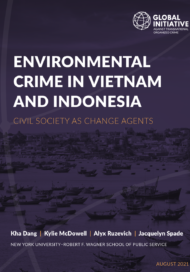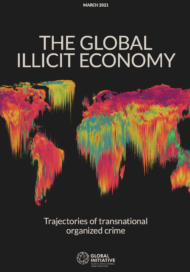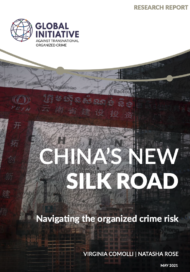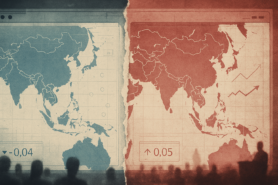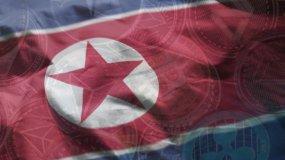Posted on 08 Sep 2021
Indonesia and Vietnam are among the world’s most significant markets for illegal wildlife trade (IWT) and other environmental crimes. Both countries act as key hubs for the sourcing, transit and consumption of illegal environmental products such as bear bile, illegally caught fish, pangolin scales, exotic cats and rare timbers.
Transnational crime syndicates have formed complex and adaptive networks that pose steep challenges for law enforcement, while bribery and corruption have undermined the state response. Lastly, uneven regulations and variances in the rule of law across South East Asia pose difficulties for both countries to work in tandem against environmental crime.
Civil society has a crucial role to play in the fight against IWT. Through advocacy, outreach, academic research and cooperative partnerships with governments and communities, civil society actors can help enhance the capacity of law enforcement, while also influencing government conservation policy and guiding sustainable environmental management.
This new report and digital story by a team at New York University Robert F. Wagner School of Public Service (NYU Wagner), in collaboration with the GI-TOC, highlights civil society’s multifaceted role in disrupting the illegal trade of endangered animals and environmental commodities in Vietnam and Indonesia.
Digital story: change-agents.globalinitiative.net
The report and digital story are the product of a Capstone project delivered by a team at New York University Robert F. Wagner School of Public Service (NYU Wagner), in collaboration with the GI-TOC, over the course of the 2020–2021 academic year.
